Iphone Warranty

Is there a warranty for iPhone parallel imports ?
Parallel imports of iPhones are not directly imported by the manufacturer or authorized distributors, but rather by third-party resellers who purchase the devices from other countries and sell them in their own country. These phones may not come with a warranty from the manufacturer or authorized service providers. According to Apple's warranty policy, products purchased from an unauthorized reseller are not eligible for coverage under the Apple One-Year Limited Warranty. This means that if you buy a parallel import iPhone, it will not be covered by Apple's standard warranty. Some resellers of parallel imports may offer their own warranties or extended service plans, but these warranties are typically less comprehensive than those offered by Apple and may have limitations on what is covered. Purchasing a parallel import iPhone can come with certain risks, including no manufacturer support, potential quality issues, difficulty in repairs, and software updates might be delayed or unavailable for parallel imports due to regional differences in network compatibility and software certification processes. Before deciding to purchase a parallel import iPhone, consider the following factors: cost savings vs. risk, reseller reputation, understand your rights as a consumer, and explore alternative options such as refurbished models sold by Apple or certified pre-owned devices from reputable sources that still offer some form of warranty protection.

Is there a warranty for second-hand iPhones ?
When purchasing a second-hand iPhone, it is important to consider the warranty status of the device. The warranty coverage for a used iPhone depends on several factors, including the age of the device, its condition, and whether it was purchased from an authorized reseller or a third-party seller. In this article, we will explore the different types of warranties available for second-hand iPhones and provide tips on how to ensure you are getting a reliable device. If you purchase a second-hand iPhone from an authorized reseller, such as Apple's official refurbished store, you may be eligible for an Apple Certified Pre-owned Warranty. This warranty provides coverage for one year and includes hardware repairs, software support, and accessories. If you purchase a second-hand iPhone from a third-party seller, the warranty coverage may vary. Some sellers may offer a limited warranty that covers certain aspects of the device, while others may not provide any warranty at all. It is essential to ask the seller about the warranty before making a purchase and to carefully read any terms and conditions associated with the warranty. In some cases, a second-hand iPhone may not have any warranty coverage. Without a warranty, you assume all risks associated with the device's functionality and condition. If something goes wrong with the iPhone after purchase, you will be responsible for paying for any necessary repairs or replacements. To ensure a reliable second-hand iPhone purchase, check the device's IMEI number to ensure that it has not been stolen or blacklisted due to unpaid bills or insurance claims. Inspect the device in person (if possible) and test its functionality by making a call, sending a text message, and checking the battery life. Ask the seller about their return policy and consider purchasing an extended warranty from a third-party provider if you are concerned about potential issues with your second-hand iPhone. By following these tips and carefully researching your options before making a purchase, you can increase your chances of getting a reliable second-hand iPhone that meets your needs and budget.

Can I return a second-hand iPhone if it has issues ?
Purchasing a second-hand iPhone can be an economical option for those who want to own an Apple device without spending the full retail price. However, it's important to consider the implications of buying a pre-owned phone, particularly in terms of its condition and warranty. If you find that your second-hand iPhone has issues, whether they are cosmetic or functional, the question arises: Can you return it? When buying from an individual, there is no formal return policy unless agreed upon during the sale. You may have a short window to check the device and report any major issues. Many stores selling used devices will offer a limited warranty or return period. Be sure to ask about their specific policies before making a purchase. If the iPhone is still under Apple's warranty or you purchased AppleCare+ with it, you might be able to get support directly from Apple for certain issues. This does not usually include returns but covers repairs. Assess the issue by checking if it's a software or hardware problem. Contact the seller and negotiate a solution depending on the issue. Provide evidence like detailed descriptions and photos of the problem to facilitate understanding and negotiation. Seek professional help by visiting an authorized repair center or consulting with Apple if the phone is under warranty. Inspect the phone before buying by testing all functions and checking the appearance for any signs of damage that weren't disclosed by the seller. Purchase from reputable sources like certified pre-owned iPhone retailers who provide guarantees and inspections. Ask for proof of warranty and request documentation showing any remaining manufacturer warranty or additional coverage. While returning a second-hand iPhone with issues can be challenging and depends heavily on the seller's policies and the nature of the problems, taking careful steps during and after the purchase can mitigate risks. Always test the device thoroughly, inquire about warranty information, and maintain open communication with the seller to address any concerns that may arise.

What should I check before buying a second-hand iPhone ?
When purchasing a used iPhone, there are several factors to consider to ensure that you are getting a good deal and a functional device. Here are some important steps to take: 1. Check the Physical Condition - Examine the Screen for cracks, scratches, or damage. - Inspect the Body for major dents or scratches. - Test Buttons and Ports including volume buttons, power button, charging port, and headphone jack. 2. Verify the Functionality - Check Battery Health using a battery health app or asking the seller. - Test Camera Quality by taking photos/videos. - Speaker and Microphone Test by playing music/videos and making calls or recording voice memos. 3. Software and Security - iOS Version compatibility with latest apps and services. - Activation Lock removal from previous owner's Apple ID account. - iCloud logout and Find My Phone disablement to prevent remote locking or tracking issues. 4. Carrier Compatibility - Determine if the iPhone is locked to a specific carrier or unlocked for multiple networks. - SIM Card Slot condition and functionality. 5. Warranty and Return Policy - Inquire about any remaining manufacturer warranty or extended warranty purchased by the previous owner. - Clarify the return policy in case of problems after purchase that were not apparent during inspection.

What is the difference between an iPhone gray market and an official one ?
The text describes the key differences between an iPhone gray market and an official one. The main points are: 1. Authorization: Gray market devices are not authorized by Apple, while official market devices are sold through authorized retailers and carriers. 2. Warranty: Gray market devices may not come with a warranty or have limited warranty, while official market devices come with a warranty and support from Apple. 3. Price: Gray market devices may be cheaper due to lack of authorization and warranty, but customers should be cautious of potential scams and frauds. Official market prices are set by Apple and customers can take advantage of trade-in programs and financing options. 4. Accessories and Packaging: Gray market devices may come without original packaging, accessories, or documentation, while official market devices come with original packaging, accessories, and documentation. 5. Software and Updates: Gray market devices may not receive timely software updates or support from Apple, while official market devices receive regular software updates and support from Apple. 6. Resale Value: Gray market devices may have a lower resale value due to lack of warranty and potential issues with authenticity, while official market devices retain their value better due to warranty and support from Apple.

How can I distinguish between a genuine iPhone and a parallel import ?
This guide provides a comprehensive overview of the key differences between genuine iPhones and parallel imports, emphasizing the importance of purchasing a genuine product to ensure warranty, software support, and hardware quality. It offers practical steps to identify a genuine iPhone, including checking model numbers, verifying IMEI numbers, inspecting packaging and device craftsmanship, looking for Apple's certification marks, visiting authorized resellers, and using online tools. The conclusion encourages readers to make informed decisions when buying an iPhone and to prioritize purchasing from reputable sources.

Can iPhone parallel imports be updated normally ?
**Can iPhone Parallel Imports Be Updated Normally?** - **iOS Updates:** Available globally for all iPhones, including parallel imports. - **App Updates:** Unaffected by the import status, updates through the App Store are standard. - **Considerations:** Warranty, support, and carrier compatibility may vary. - **Conclusion:** Parallel imports can be updated normally but come with additional considerations.

Are iPhone parallel imports covered by the national three-pack policy ?
The National Three-Pack Policy is a set of regulations aimed at protecting consumers' rights and interests in purchasing electronic products, including mobile phones. iPhone parallel imports are Apple iPhones that are imported into a country through channels other than the official Apple distributor. These imports may come from different regions or countries where the iPhone models are sold at a lower price. The coverage of parallel imports under the national three-pack policy is often ambiguous. Some parallel importers may offer their warranty and service support, but it may not be equivalent to what is provided by official channels. While most parallel imports are genuine iPhones, there is a risk of encountering counterfeit or refurbished devices that do not meet the same quality standards as those sold through official channels. Parallel imports can be cheaper since they may come from regions with lower pricing or take advantage of currency exchange rates. However, this lower price comes with potential risks regarding warranty, service support, and product quality. Consumers should carefully consider the potential risks and benefits before opting for parallel imports. It is essential to ensure that you are buying from a reputable seller who can provide adequate warranty and service support for your iPhone purchase.
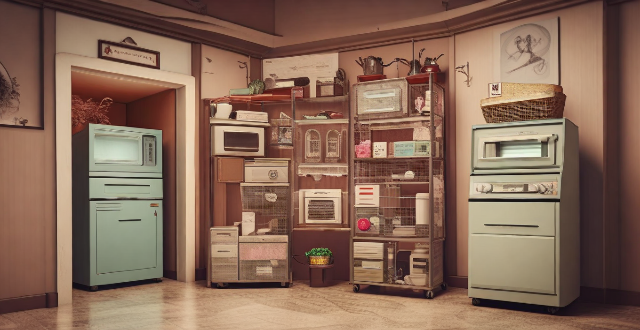
How much does it cost to repair an iPhone screen ?
The cost to repair an iPhone screen varies based on the model, type of repair service, and location. Newer models are generally more expensive to repair than older ones. Official Apple Store repairs are the most costly but guarantee quality and authentic parts, while third-party shops offer more affordable options. Urban areas tend to have higher repair costs than rural areas. If your iPhone is under warranty or you have purchased additional protection plans, the cost may be covered or reduced. Consider all these factors before deciding on iPhone screen repair.
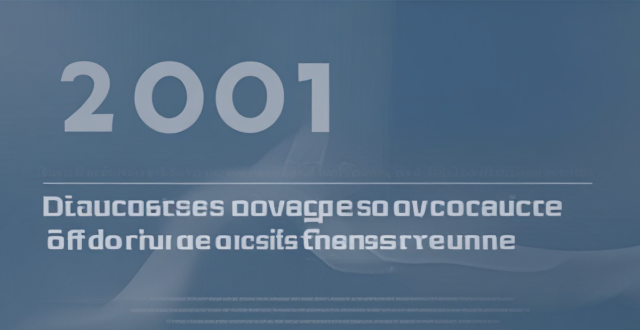
What are the pros and cons of buying a second-hand iPhone ?
The text discusses the pros and cons of buying a second-hand iPhone. The advantages include cost savings, environmental friendliness, high resale value, and a wide range of options. However, there are also potential risks such as hidden issues, lack of warranty, outdated technology, and concerns about battery life. Ultimately, the decision to buy a second-hand iPhone depends on individual preferences and priorities.

What should I pay attention to when buying an iPhone parallel import ?
Buying an iPhone parallel import requires careful consideration and research to ensure that you get a genuine product at a fair price. Here are some tips to help you make a wise purchase: # 1\. Check the Seller's Reputation Make sure you buy from a reputable seller with good reviews and feedback. You can check online forums or social media platforms for reviews and recommendations from other buyers. # 2\. Ensure Compatibility with Your Network Before making a purchase, check if the iPhone is compatible with your local network provider. Some parallel imports may not work on certain networks due to differences in technology standards. # 3\. Check for Warranty and After-sales Service Parallel imports may not be covered by the manufacturer's warranty, so it's essential to check if the seller offers any warranty or after-sales service. This will give you peace of mind and protection against any potential issues that may arise. # 4\. Verify the Authenticity of the Product Be cautious of counterfeit products that may look like genuine iPhones but are actually fake. Check for signs such as misspellings, low-quality materials, or incorrect logos. You can also verify the authenticity of the product by checking the serial number on Apple's website. # 5\. Be Aware of Customs Duties and Taxes Parallel imports may be subject to customs duties and taxes, which can add up to the overall cost of the product. Make sure you factor in these additional costs when comparing prices with locally sourced iPhones. In conclusion, buying an iPhone parallel import requires careful consideration and research to ensure that you get a genuine product at a fair price. By following these tips, you can make an informed decision and enjoy your new iPhone without any issues.

How much should I expect to pay for a second-hand iPhone ?
When purchasing a second-hand iPhone, factors suchWhen purchasing a second-hand iPhone, factors such and demand can impact the price Researching online and local listings, negotiating with sellers, and considering warranty and return policies are tips for finding a good deal.

What risks are involved in buying an iPhone parallel import ?
Purchasing an iPhone through a parallel import, which means buying it from a source other than the authorized dealer or official Apple store, can pose several risks. Here are the potential dangers and drawbacks you should consider before making such a purchase: - **Lack of Warranty or Support**: Parallel imports often do not come with the standard warranty provided by Apple. If something goes wrong with your device, you may have to pay for repairs out of pocket. You may not have access to Apple's customer support services, which can be crucial for troubleshooting and technical assistance. - **Uncertainty About Product Authenticity**: There is a risk of buying counterfeit iPhones that look like the real product but perform poorly and lack the quality of genuine Apple devices. Some parallel imports may have undergone unauthorized repairs or modifications that could compromise the device's functionality and durability. - **Difficulties with Software Updates**: Parallel imports might not receive software updates at the same time as officially purchased iPhones, or might not receive them at all. Updates may not be compatible with your device if it has been altered or is not an authentic Apple product. - **Hardware Variations**: The iPhone model you receive might vary slightly in hardware specifications compared to the version sold in your country. Your iPhone might not be optimized for local networks, leading to issues with connectivity and signal strength. - **Aftermarket Accessories Compatibility**: Accessories like cases and screen protectors bought locally might not fit perfectly due to slight variations in the phone's dimensions. - **Guarantee of Return or Exchange**: Returns or exchanges can be more complicated with parallel imports, as the seller's policies might be less consumer-friendly than those of official retailers. - **Potential for Financial Fraud**: Unscrupulous sellers might take advantage of buyers, selling fake or stolen goods, or even taking payment without delivering the product.

Can I trust third-party repair shops for my iPhone ?
When considering third-party repair shops for iPhone repairs, there are pros such as cost-effectiveness, convenience, and flexibility. However, cons include potential quality assurance issues, warranty voidance, and security risks. To choose a reliable third-party repair shop, research online, ask for recommendations, check certifications, visit in-person, and compare prices. Weighing the pros and cons and choosing a reputable repair shop can ensure your iPhone is in good hands.

How can I trust the seller of a second-hand iPhone ?
When purchasing a second-hand iPhone, it is important to ensure that you can trust the seller. Here are some tips on how to do so: 1. Check the seller's reputation on online marketplaces or social media platforms. 2. Ask for proof of ownership such as receipts or warranty information. 3. Inspect the phone in person or ask for detailed photos and videos from different angles. 4. Test the phone's functionality by checking battery life, camera quality, speaker and microphone quality, buttons and ports, Wi-Fi and cellular connectivity, touchscreen responsiveness, app performance, iCloud account, activation lock, IMEI number, warranty status, water damage indicator, serial number, storage capacity, carrier compatibility, price, return policy, payment method, shipping method, meetup location, and test duration.
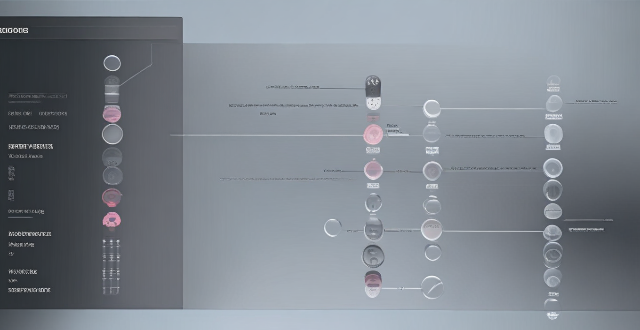
Can I use any screen protector for my iPhone model or are they specific ?
Screen protectors are indeed specific to each iPhone model due to differences in size, shape, and design elements such as notches or camera cutouts. To choose the right screen protector for your iPhone model, check compatibility, consider quality and material, look for reviews and ratings, check the installation method, and look for a warranty or return policy.

How much does it cost to upgrade the storage capacity of an iPhone ?
Upgrading an iPhone's storage capacity is a complex process involving replacing the internal memory chip, which comes with potential risks and high costs. The total cost for parts and labor can range from $200 to $500. Risks include voiding the warranty, data loss, and potential device malfunction. Considering alternatives like buying a new iPhone with desired storage or using cloud services might be more practical and less risky for most users.
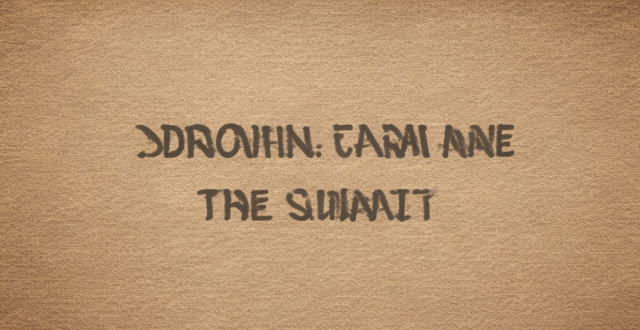
Is it safe to buy a second-hand iPhone online ?
Buying a second-hand iPhone online can be a great way to save money and get a high-quality device. However, there are some risks involved that you should consider before making a purchase. In this article, we will discuss the pros and cons of buying a second-hand iPhone online and provide tips on how to ensure a safe transaction.

Can I upgrade the storage capacity of my iPhone myself or do I need to go to an authorized service center ?
The storage capacity of an iPhone is a fixed component that cannot be upgraded by the user. Unlike some other devices, such as laptops or desktop computers, where you can add more storage by installing additional hard drives or solid-state drives (SSDs), iPhones do not have this capability. The storage chip in an iPhone is soldered onto the logic board and is not designed to be removed or replaced by the user. There are several reasons why you cannot upgrade your iPhone's storage: 1. Design and Manufacturing Choices: Apple designs its iPhones with a focus on thinness, durability, and water resistance. To achieve these goals, components are often tightly integrated and sealed within the device. This means that critical parts like the battery and storage are not meant to be user-serviceable. 2. Security and Reliability: By sealing the storage inside the device, Apple can ensure that it will function reliably over the lifespan of the device. Additionally, this approach helps maintain the security of the device, as tampering with internal components could potentially compromise the integrity of the iOS operating system. 3. Warranty and Support Considerations: If users were to attempt to upgrade their own storage, there is a high likelihood of damaging the device, which could void the warranty. Moreover, any issues that arise from unauthorized modifications might not be covered by Apple's support services. If you need more storage space, your best option is to purchase a new iPhone with the desired capacity. When buying, consider how much storage you will need in the long term to avoid finding yourself in the same situation again. You can also use cloud storage services like iCloud, Dropbox, or Google Drive to store photos, documents, and other data. This can help alleviate storage constraints on your device. Regularly review and manage the contents of your iPhone to free up space. Delete unused apps, offload unused data, optimize photos, and clear caches. Performing a backup and then restoring your iPhone can sometimes clear out hidden caches and other unnecessary data, giving you a bit more usable space. If all else fails, upgrading to a newer model with more built-in storage might be necessary.
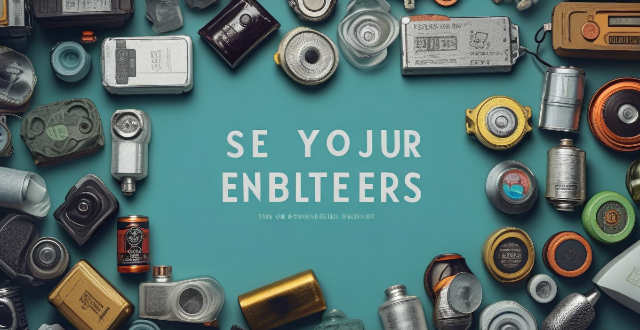
How often should I replace my iPhone, or is buying a second-hand one a good idea ?
Replacing your iPhone depends on various factors such as performance, battery life, and the availability of new features in the latest models. It is generally recommended to replace your iPhone every two to three years to take advantage of the latest technology and improvements in performance and battery life. Signs that it's time to replace your iPhone include decreased performance, short battery life, lack of software updates, and damaged screen or body. Buying a second-hand iPhone can be a good idea if you are looking to save money and don't necessarily need the latest model, but there are some things to consider before making this decision.

Where can I buy a second-hand iPhone ?
When buying a second-hand iPhone, consider optionsWhen buying a second-hand iPhone, consider options like eBay, Craigslist Craigslist, and Facebook Marketplace, or brick-and-mortar stores including Apple Store and pawn shops. Research the model you want, check its condition, verify the IMEI number, test functionality, and negotiate the price to ensure you get a reliable phone at a good deal.
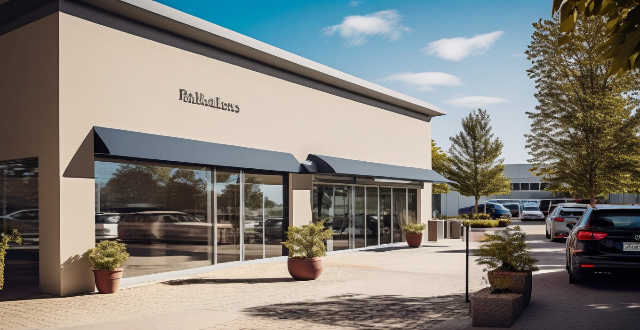
Are iPhone parallel imports eligible for Apple's after-sales service ?
iPhone parallel imports can be eligible for Apple's after-sales service if they meet certain conditions, including proof of purchase, valid warranty, no tampering, and region compatibility.

What should I do if I receive a faulty second-hand iPhone ?
The text is about what to do if you receive a faulty second-hand iPhone. It suggests five steps: identify the issue, contact the seller, check warranty status, consider repair options, and explore trade-in opportunities.

Can I get my iPhone battery replaced at an Apple Store ?
Can I get my iPhone battery replaced at an Apple Store? Yes, you can get your iPhone battery replaced at an Apple Store through their "Battery Service and Support" program. To determine if your device is eligible for the service, consider factors such as warranty status, remaining battery capacity, and any damage to the device. The replacement process involves backing up your data, scheduling an appointment, bringing your iPhone and proof of purchase to the store, undergoing diagnostic testing, and finally having the battery replaced by a technician. Follow-up care includes testing and guidance on extending the lifespan of your new battery.
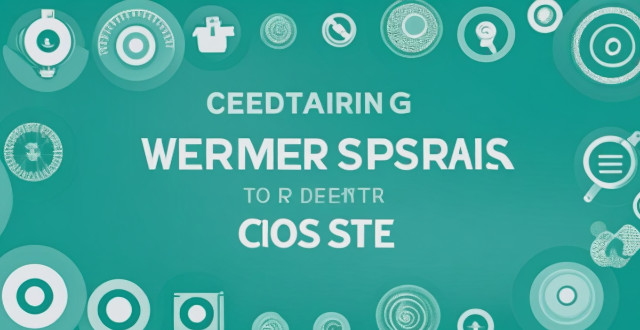
Is it worth getting my iPhone repaired or should I just buy a new one ?
When deciding whether to repair or replace your iPhone, consider cost, warranty status, technology advancements, personal preferences, and environmental impact.
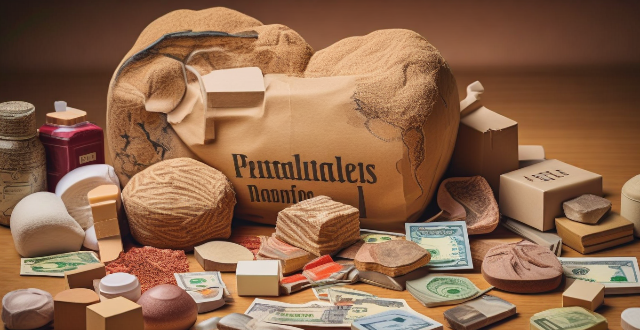
Why are iPhone parallel imports cheaper than authorized ones ?
iPhone parallel imports are cheaper than authorized ones due to different pricing strategies, tax differences, lack of warranty or support, and the risk of counterfeit products.
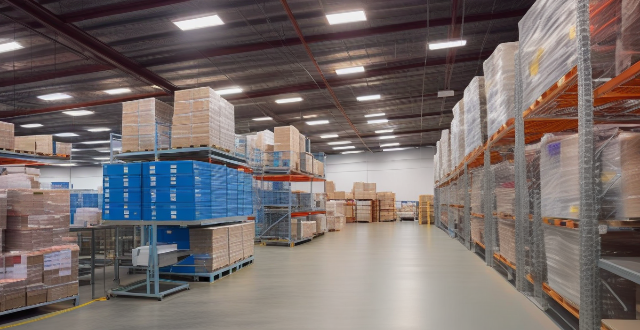
Can I upgrade the storage capacity of my iPhone without losing any data ?
Upgrading the storage capacity of an iPhone without losing any data is possible but risky. Options include official Apple upgrades, third-party repair services, and using cloud storage. Risks include data loss, voided warranty and insurance, compatibility issues, and high costs. It is recommended to carefully consider the potential risks before attempting a storage upgrade.
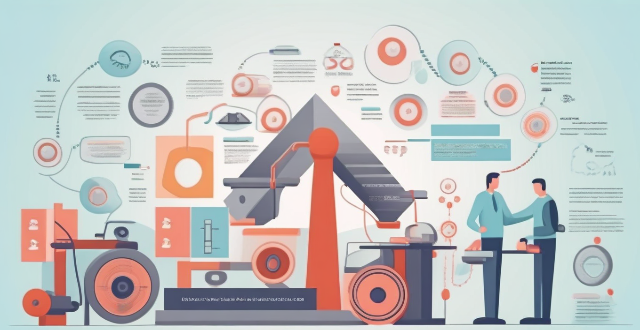
Can I repair my iPhone myself or should I leave it to the professionals ?
This guide explores the decision-making process between DIY iPhone repair and professional services. It outlines the advantages and disadvantages of both approaches, such as cost savings and potential damage risks associated with DIY, versus expertise and warranty protection offered by professionals. The text also provides steps for those choosing a DIY repair, including researching solutions and backing up data. It suggests seeking professional help for complex issues or water damage, emphasizing that the choice should be informed by individual circumstances and needs.
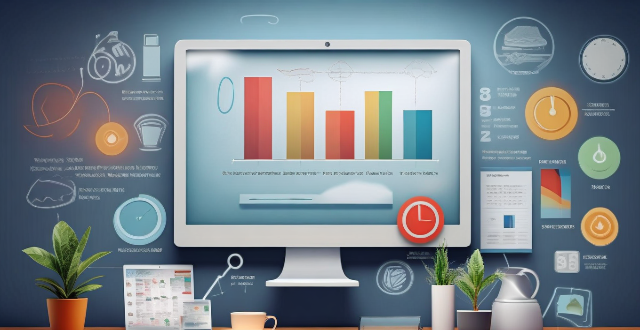
What is the best iPhone screen protector ?
The best iPhone screen protectors include OtterBox Amplify Glass, Spigen NeoFlex, ZAGG InvisibleShield, Tech21 Evo Check, and Belkin Anti-Glare. These options offer features such as durability, sensitivity, transparency, compatibility with cases and Face ID, advanced technology for military-grade protection, customizability, impact protection, bubble-free application, scratch resistance, reduced glare, and increased privacy. When choosing a screen protector, consider your specific needs and preferences to find the one that works best for you.
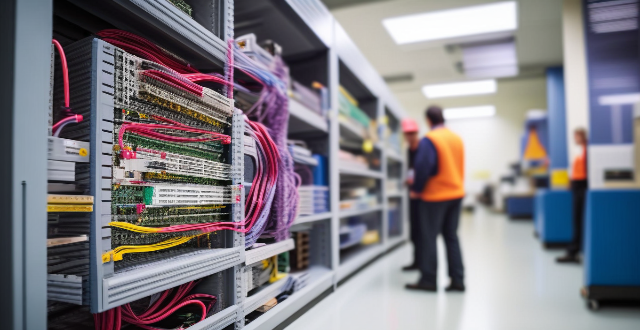
What happens to my data during an iPhone repair ?
When you send your iPhone for repair, the repair center will take several steps to protect your data, including diagnostics, backup, data protection, testing, verification, and return of your device.